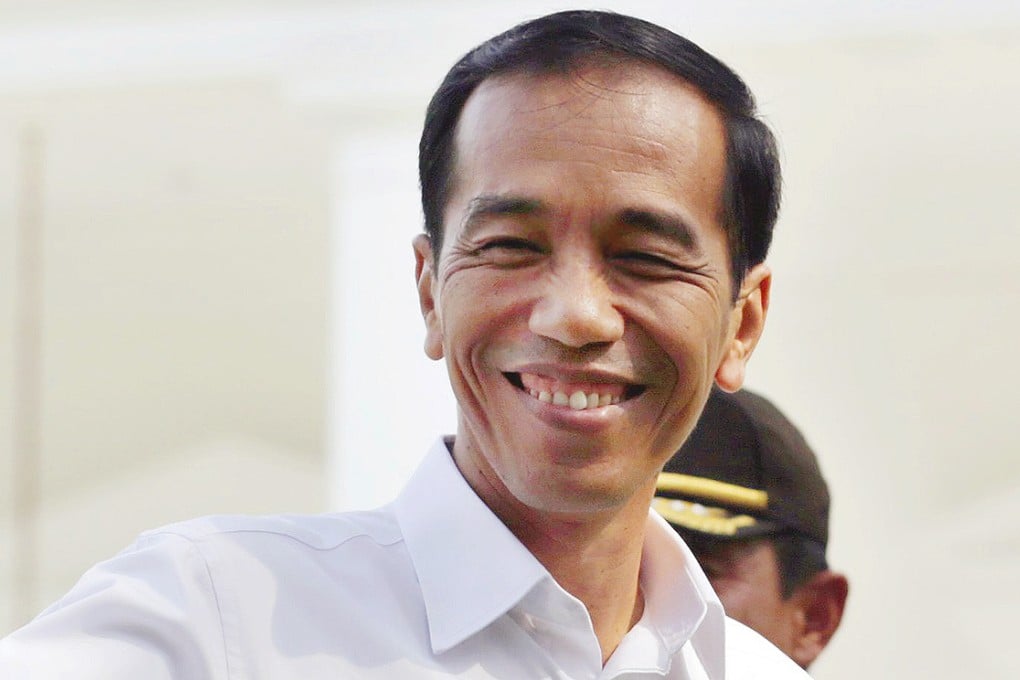For new Indonesian President Joko Widodo, the hard work starts now
Joko Widodo's rise to the Indonesian presidency has been remarkable, as much for his humble roots as an outsider to the political and military elite that have ruled the country since independence.

Joko Widodo's rise to the Indonesian presidency has been remarkable, as much for his humble roots as an outsider to the political and military elite that have ruled the country since independence. But having got to the top does not mean he can now begin the reforms and infrastructure projects that he believes are so crucial to lifting the country's flagging economy. He faces significant challenges, both politically and socially, the most immediate from a parliament in which his party does not have a majority. The hand of friendship he offered to his opponents at his inauguration this week was a necessity, but will remain a mere gesture - to the detriment of Indonesians - unless all sides end divisions.
There is hope in the salute that Widodo's presidential rival, former general Prabowo Subianto, gave at the swearing-in. July's election win was soured by a constitutional court challenge and even though the victory was upheld, there are those who still insist the vote was fraudulent. That the new president's Indonesian Democratic Party-Struggle does not hold a parliamentary majority, Subianto's Red-White Coalition having leadership of the House and People's Consultative Assembly, makes for a bleak future. Several key figures have said they will impede the running of the government.
Widodo's lack of top-level political experience means his cabinet needs ministers able to bargain and compromise. His vice-president, Jusuf Kalla, is a veteran politician, having previously held the deputy's post. But plans for a cabinet filled with independent technocrats will have to be put aside for the sake of expediency. It is an early dose of reality for the former governor of Jakarta and ex-mayor of the central Java city of Solo.
Scrapping fuel subsidies that consume almost one-fifth of the budget is essential to balancing the books, but face opposition. Price hikes on petrol and diesel are being counted on to fund grand infrastructure plans like ports, roads and railways. Endemic corruption has to be overcome. Widodo offers big hopes for Indonesia, but they will remain just that unless his opponents work with, rather than against, him.
